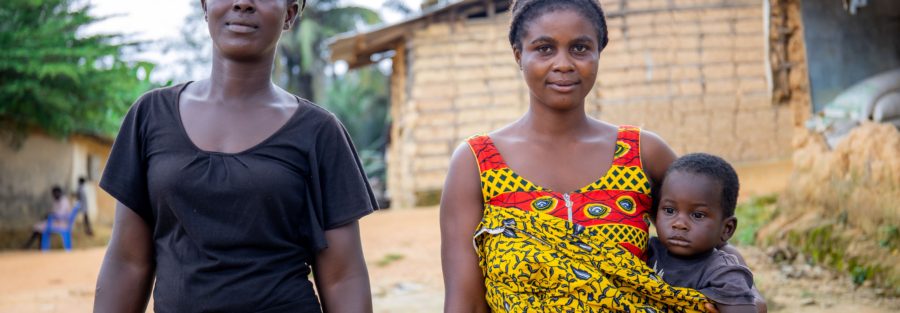Women have over the years, and more so now, played dynamic roles in shaping how societies, economies, and cultures work. The appreciable impact of these roles are a demonstration that women wield adequate power to support the transformation of societies. Yet, women continue to face huge setbacks that hinder their full participation and contribution in society. Though progress has been made toward gender equality, women face lots of obstacles as opposed to their male counterparts.
There is a dire need to eliminate these obstacles and create adequate enabling environments for women. Creating an inclusive environment that makes health care easily accessible, improves women’s economic and social life, is not just a smart move but a sure way to speed up the process of making the world a fairer and equitable place for all.
Women’s improved health outcomes are closely linked to their ability to participate fully in their health decisions, as well as their ability to access economic opportunities. Access to quality healthcare, including sexual and reproductive health services and addressing gender based violence is essential for women’s well-being and empowerment. Healthy women are better able to work, care for their families, and contribute to their communities which translate into ensuring their inclusivity in a more resilient economy.
According to the International Labor Organization, women make up a significant portion of the global workforce. Inspiring women to have access to equal opportunities can unleash a wave of innovation, productivity, and economic growth because women’s economic empowerment not only benefits women but also increases household income, thereby reducing poverty.
Education is a fundamental tool for empowering women and girls and inspiring inclusion. By making educational systems easily accessible to girls, the cycle of poverty will be broken and opportunities will be created for future generations. When girls are educated, they are more likely to delay marriage, have fewer children, and contribute more to their families’ income. Girls become women who are better equipped to participate in decision-making processes, advocate for their rights, and challenge social norms that hinder gender inclusiveness.
The United Nations has made a stark declaration that financing remains the primary hurdle in achieving gender equality by 2030. This proclamation reminds Governments, International Organizations, Corporate Entities, Civil Society Organizations, and individuals to take action to accelerate progress toward gender equality. It emphasizes the critical importance of prioritizing gender-responsive initiatives geared toward empowering and creating a safe space for women’s inclusion.
International Women’s Day continues to raise awareness about the imperativeness of promoting gender equality and women’s empowerment. This year, as we charge everyone to “Inspire Inclusion”, we call for actions to break down barriers, challenge stereotypes, and create environments where all women are valued and respected. Inspiring inclusion means encouraging actors to acknowledge the unique perspectives and contributions of women from all walks of life, including those from marginalized communities. It means creating spaces for women and the intersectional factors that define them. Inspiring inclusion is not just a matter of fairness, but an investment into the future. By empowering women, we can accelerate progress toward a more prosperous, and sustainable world.
Happy International Women’s Day!!!
Remember to Inspire Inclusion!!!



